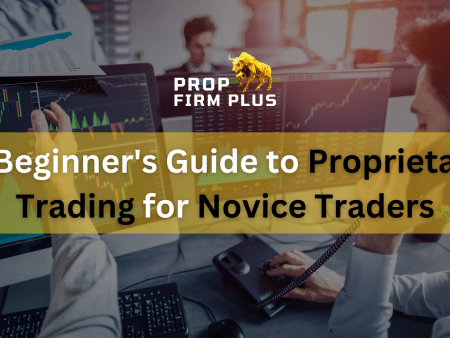
Copy trading may be beneficial if you desire a portfolio that performs like that of professional investors. To put it briefly, copy trading simulates the trading activities of a stock market specialist. Like every trading strategy, it has advantages and disadvantages. The following is an exploration of copy trade, including its operation and benefits.
What Is Copy Trading
Essentially, copy trading is exactly what it sounds like. You pick a more tenured trader to emulate, then mimic their trading style. Let’s say a trader you are tracking purchases 100 shares of a specific stock. Thus, you would also purchase 100 shares of that stock. You would invest 5% of your wealth in the same stocks if they did.
The secret is to pick a trader to emulate whose investing philosophy and objectives coincide with your own. For instance, you might imitate someone who leans toward conservative trading if you were a cautious investor. Similarly, you should not mimic the trading activities of a value investor if you are a growth investor.
Copy trading can be done through a copy trading platform or independently. With the latter, you may choose which trade activity to emulate. It makes investments for you in the interim. There isn’t much work on your part because trades happen automatically. You still get to pick which investor to follow, though. Additionally, confirm that you have sufficient funds in your trading account to support any transaction activity.
Benefits of Copy Trading
One might take advantage of the expertise and experience of others in investing through copy trading. To choose which stocks to purchase, sell, or keep, you don’t need to examine changes in the stock market or trends. You can just emulate a seasoned investor. Let’s say you have selected a candidate whose portfolio regularly yields strong returns. Therefore, you might possibly do the same thing by copying them.
Most copy trading is done passively. You’re delegating to someone else the difficult task of selecting investments. You don’t need to spend hours investigating the market in order to generate profits for your portfolio. Given that the professional trader is in charge of making investment selections, diversification, and risk management are also taken care of. There are a few factors to take into account when selecting an investor to imitate:
- The duration of their trading history.
- Investment track-record.
- The quantity of accessible positions.
- The average period of time to hold an investment.
- Preferred categories of financial instruments.
You have to consider your own goals for your portfolio as well. For instance, you may imitate someone who concentrates on hedge funds, commodities, or futures if you want to invest in diverse derivatives. On the other hand, you may be inclined toward an index-oriented professional investor if your objective is to match rather than outperform the market.
Limitations of Copy Trading
Arguments in favor of copy trading exist. It might not be appropriate for every investor, though. Before you begin using this tactic, there are a few crucial points to remember.
First, the moves you make as an investor will determine how successful you are. When it comes to understanding where to invest, when to purchase, or both, no investor is flawless. As such, there is a certain level of risk associated with copy trading. You’re aiming for the highest possible returns with the pro trader approach. However, no assurances can be made.
Here’s where you need to put in some study effort to find traders. Find out more about their workings and whether their strategies fit with your objectives. Choosing a trader at random could backfire if their approach differs greatly from the way you have managed your portfolio so far.
If you’re paying commissions on a regular basis, copy trading may also get pricey. You could also have to pay administration or administrative fees to the copy trading platform if you’re having them handle your portfolio. If you want to minimize fees, examine the prices thoroughly before making a trade.
Conclusion
One approach to automate your investing technique is through copy trading. It eliminates uncertainty in the process of deciding where to put your money. It could, however, be more effective for some investors than for others. Determining whether copy trading is a method you should use can be aided by understanding its risks and possible rewards.










